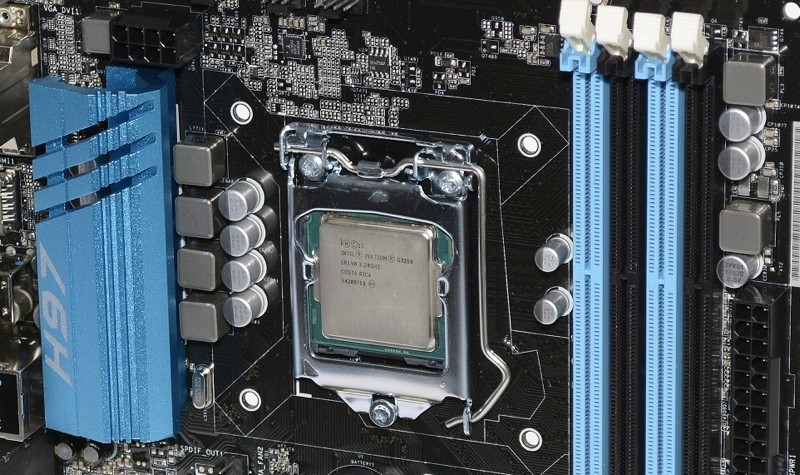We received a lot of great feedback after recently updating our PC buying guide and then building and benchmarking the systems. Our most affordable build, the $500 Budget Box, caught the attention of many readers, as it's ideal for everyday computing and will handle some lightweight gaming.
If you're adding a dedicated GPU to handle more than casual gaming, however, it makes sense to drop the AMD A8-7650K -- which we chose for its good balance of CPU and GPU performance -- in favor of the cheaper and faster quad-core 3.7GHz Athlon X4 860K or dual-core 3.2GHz Pentium G3258.
Both are identical price-wise with supporting motherboards starting at around $40 and going up to $70 if you want the latest chipset (A88X vs. H97). Your decision will boil down to which platform offers the best performance where you need it most. That's precisely what we're about to find out as we pair them with the GeForce GTX 960 and Radeon R9 285 in 20 of the most popular AAA titles.
